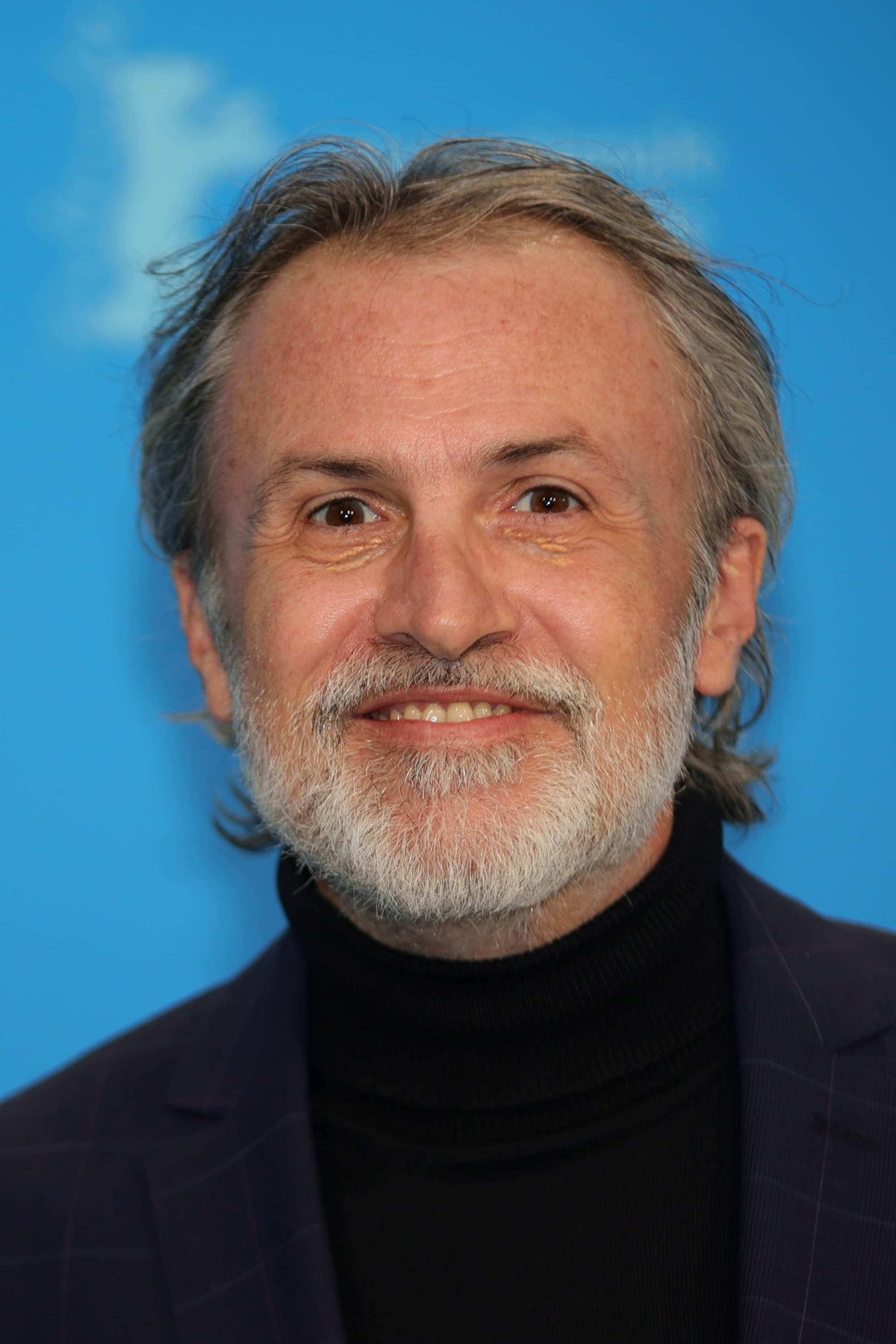
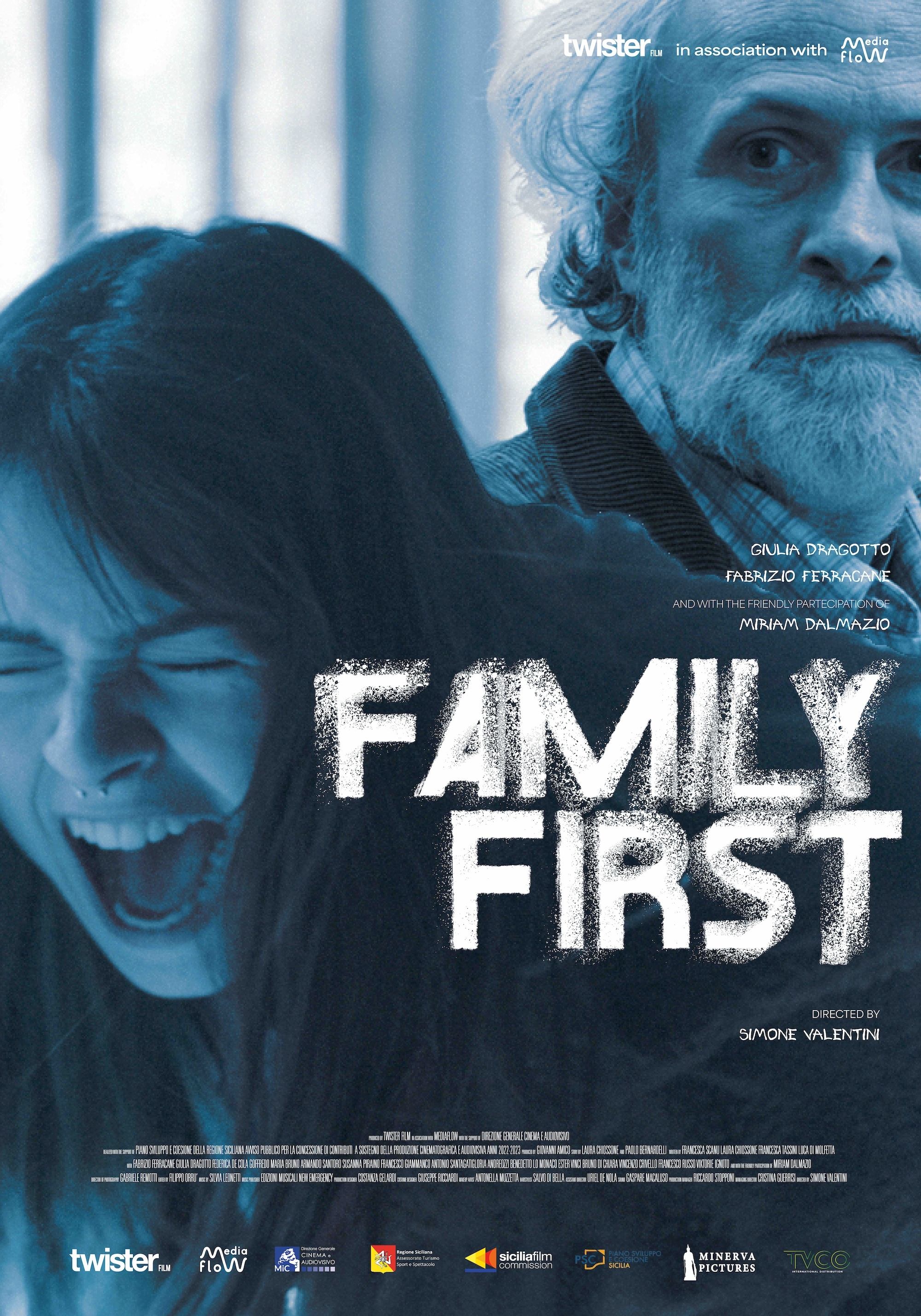
Veronica, a 16-year-old girl, is spending the Christmas holidays at her grandfather's in a small village in the Sicilian hinterland when a woman disappears and the fear of the monster who had sown terror in the area ten years earlier returns. The girl suddenly begins to feed a terrible suspicion: her own grandfather could be the culprit.
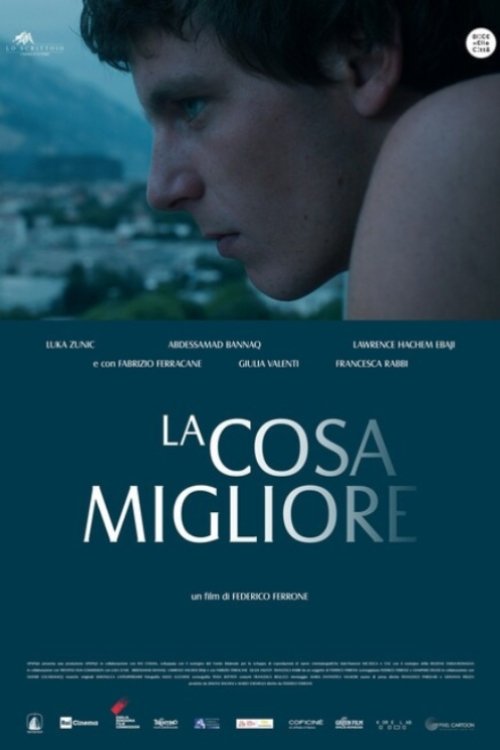
Mattia is 17 years old. Raised in a post-industrial province and experiencing an identity crisis, he is the son of a trade unionist and a housewife. Hypersensitive and fragile, he expresses himself through hip-hop music. The death of his older brother begins a period of great changes. Mattia leaves school, starts working in a factory and, through a North African colleague, approaches Islam. Prey to a lacerating restlessness, Mattia takes the path of progressive isolation and radicalization.
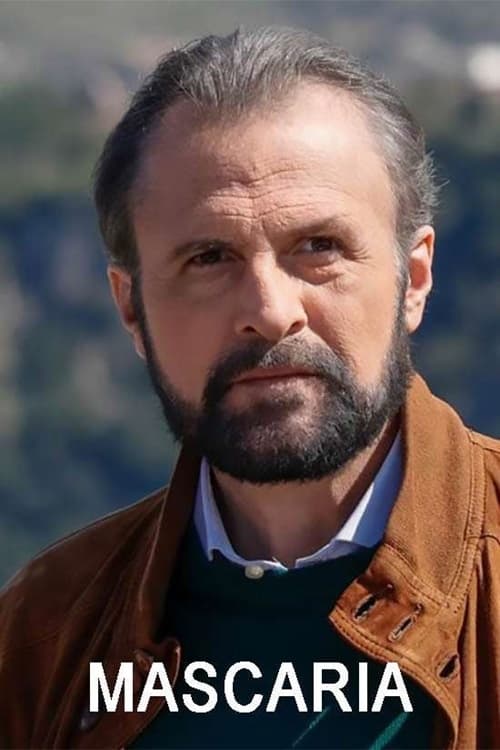
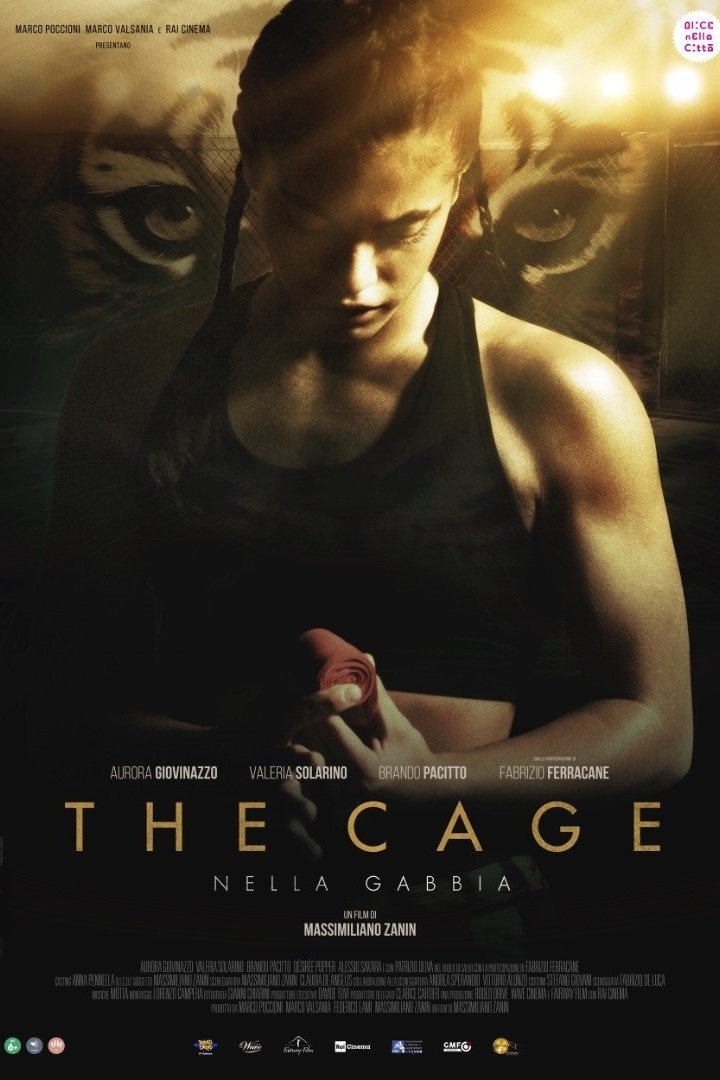
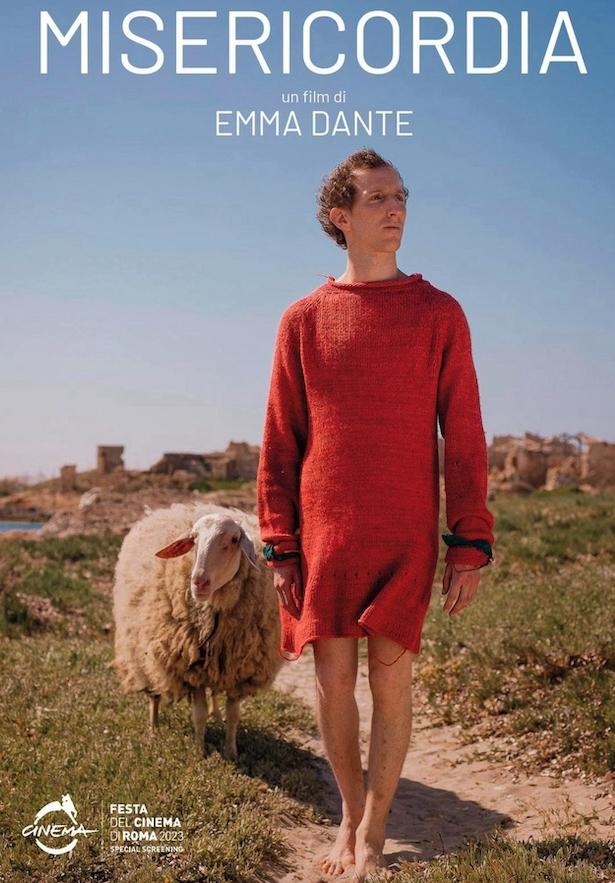
Three prostitutes live in the wasteland by the sea, where a village of outcasts has emerged. It is life in a harsh reality of poverty, ignorance, and violence. And the only ray of light in their lives is Arturo, whom they care for together. The young man is a weak-minded child in an adult body. His mother died in childbirth, and the women took him into their care as a newborn. What will the fate of this young man be in an environment he has not chosen and cannot choose because of his disability?
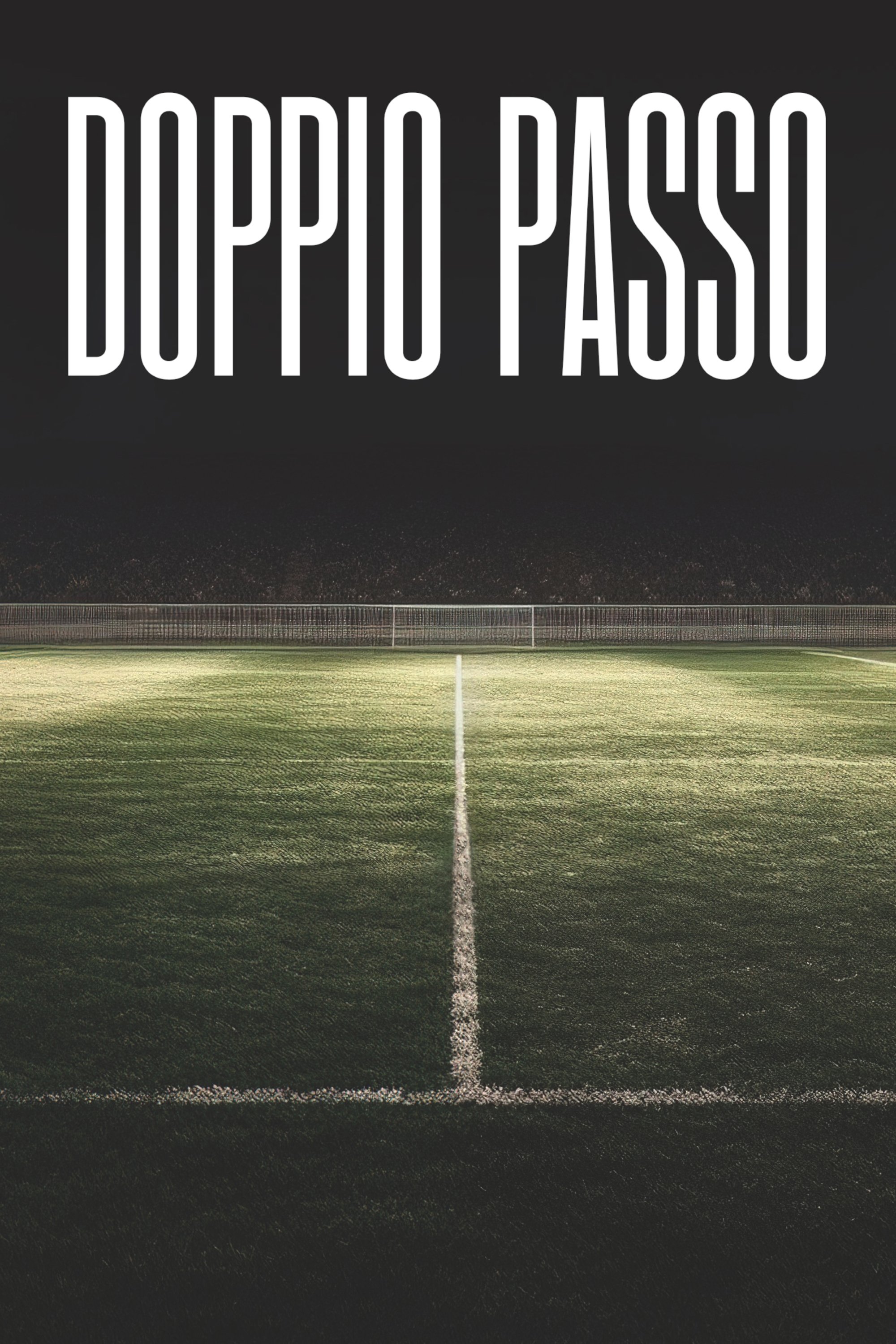
Claudio is the legendary captain of Carrarese Calcio, a leading force, both in football and family life. Everything seems to be going great: the team reaches promotion to Serie B ( higher league) and, together with his wife, he finally opens the restaurant he has always wanted to, in order to stabilise the family's economic future. The long-awaited Serie B, however, turns out to be a doom: Claudio's contract is not renewed due to his age. It will be the beginning of the decline, as an athlete and as a man. Claudio will be dragged into a vortex of events that will undermine his certainties and his own moral rigor.
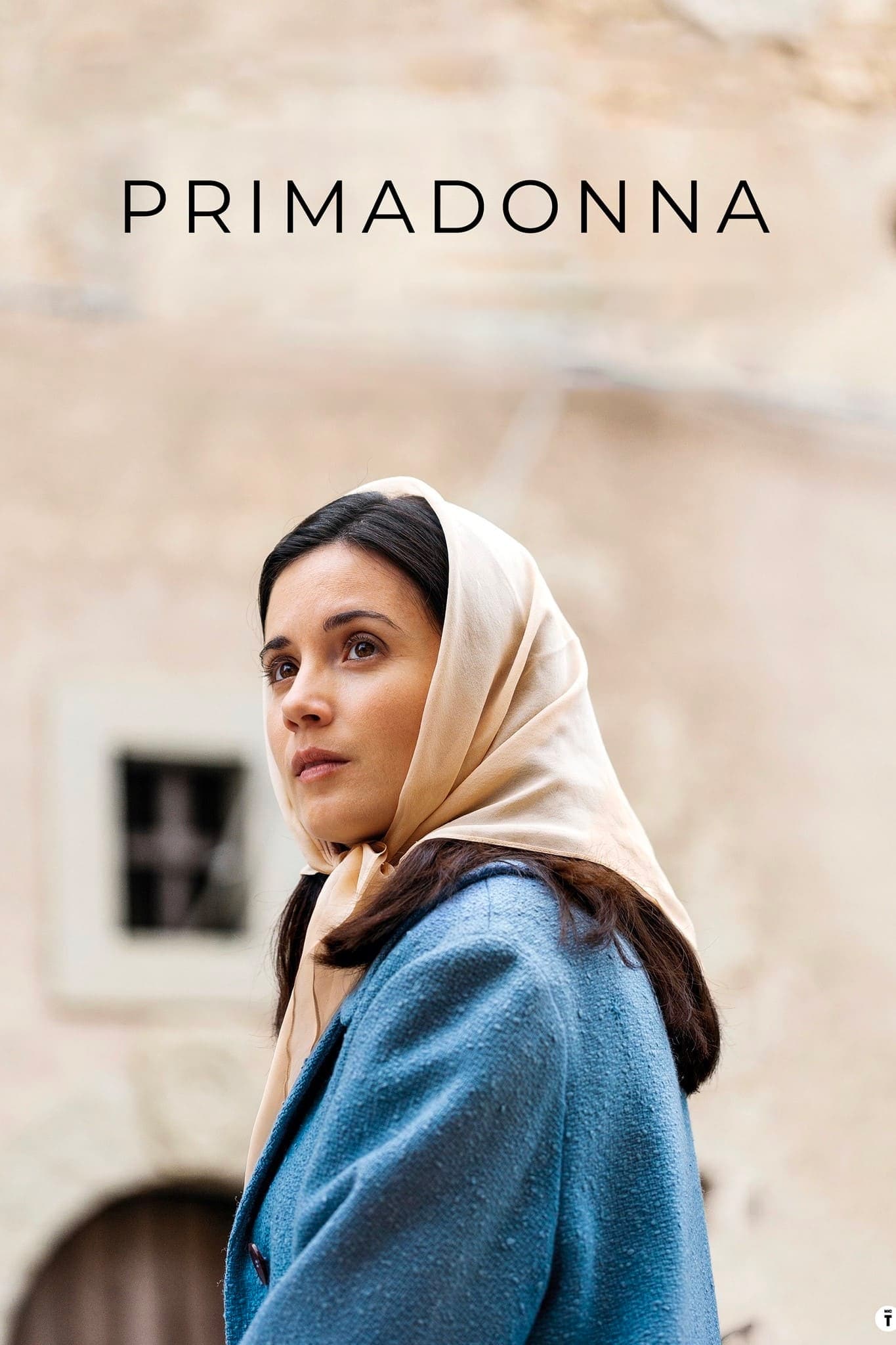
It’s 1965 and Lia, a spirited young woman living in a small Sicilian town, is initially attracted to Lorenzo, the son of the most prominent (and possibly Mafia-tied) local family. His possessiveness eventually repels her. But soon after, he appears with his cronies to kidnap, rape and force her into a shotgun marriage, all with the collusion of the town’s authorities. Lia and her family refuse to accept this barbaric ‘tradition’ and, despite the constant intimidation and violence, they take their fight for Lia’s rights to court.
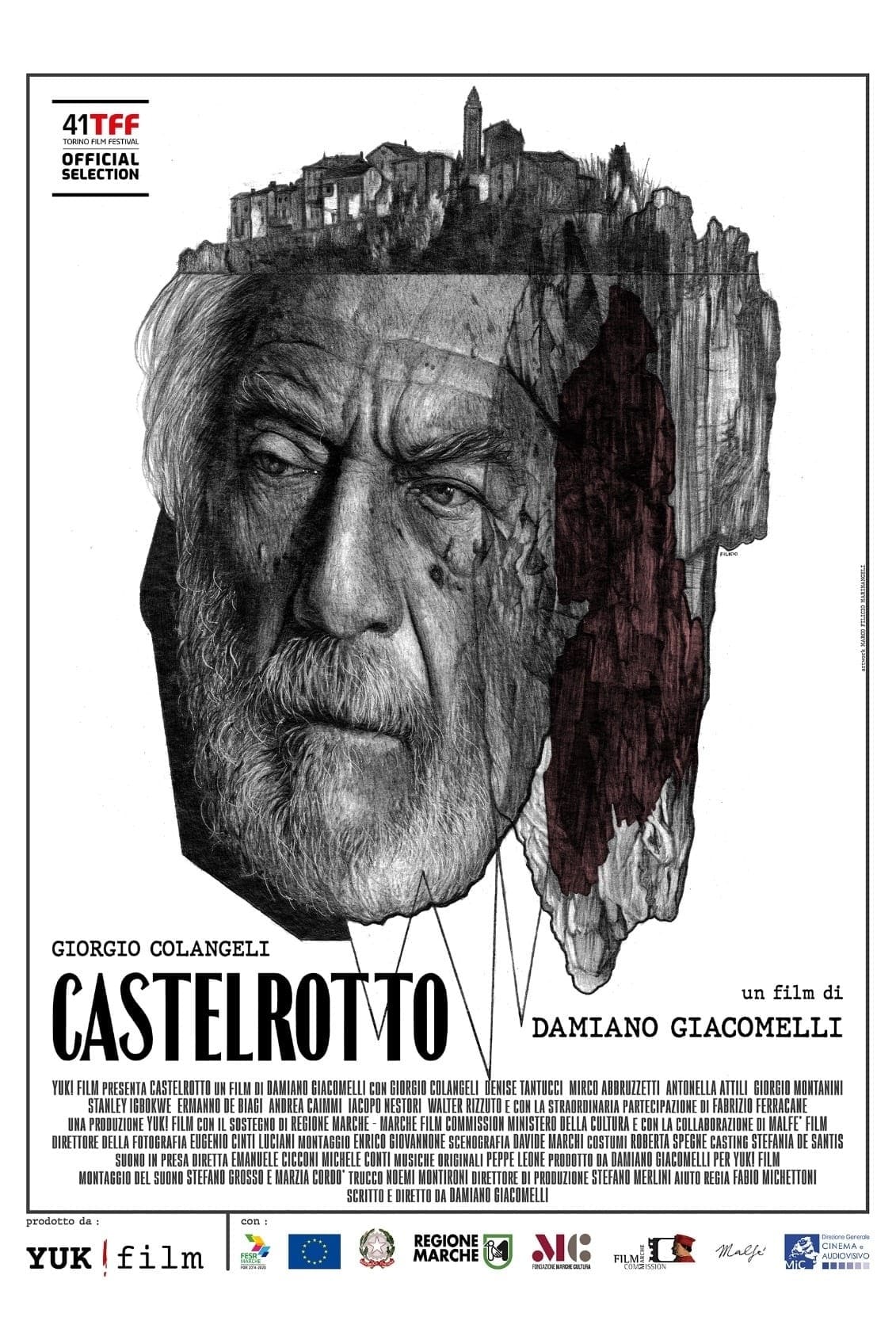
A mysterious wrongdoing shakes the life of Castelrotto, a small Apennine village that has always been off the news... and history. Ottone, a former local journalist and retired elementary school teacher, takes advantage of the incident to pick up the pen again and seek revenge for an old injustice suffered. His plan is clear: manipulate the narrative of the new crime to accuse the men who ruined his life.
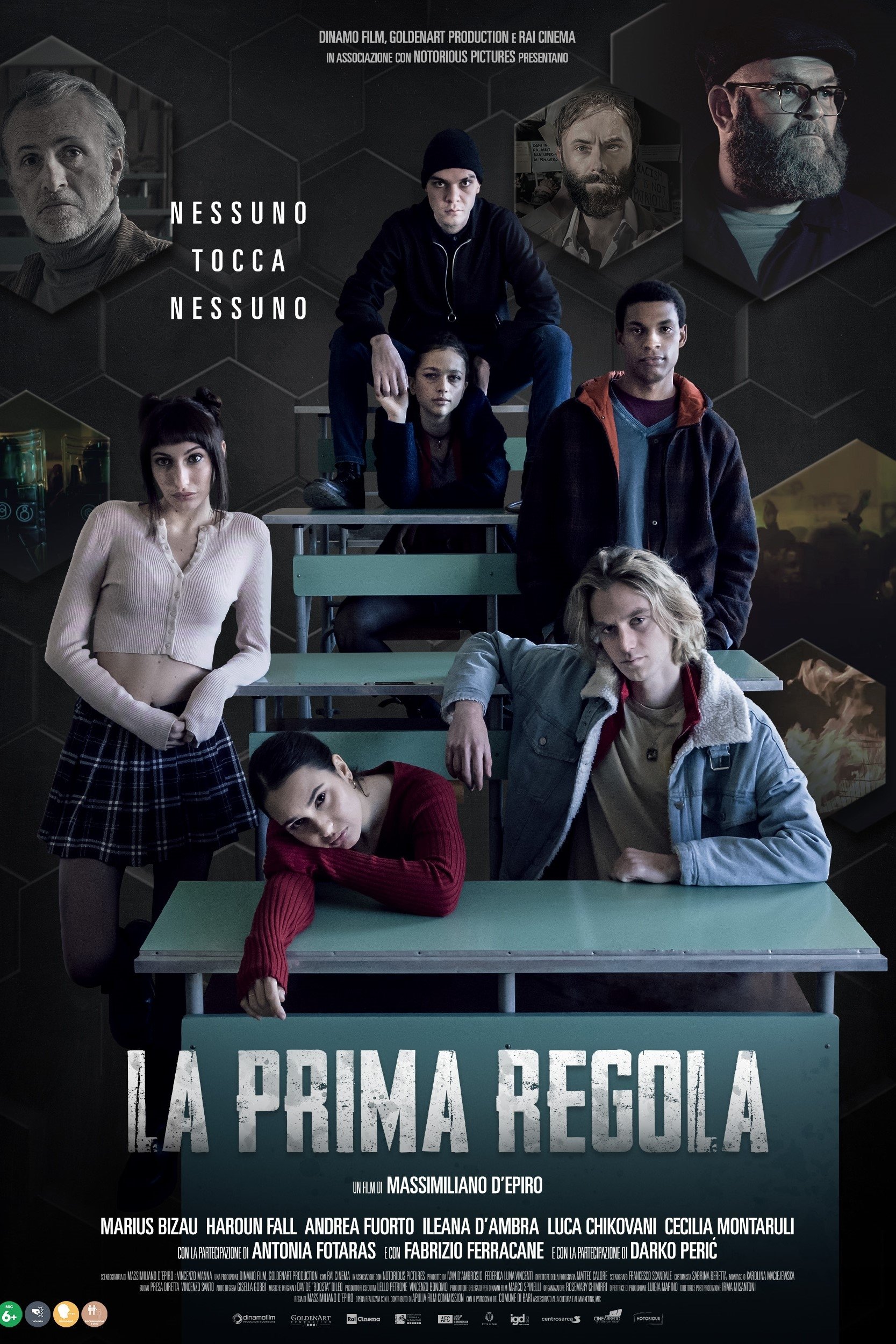
A suburban high school, structures, students and teaching staff are the exemplary mirror of a social and economic depression that seems irreversible. To worsen the situation, a few meters from the school, between the houses of the neighborhood, the "Zoo", a center of assistance to migrants became over the years a permanent refugee camp. A professor is called to hold a remedial course for six students suspended for disciplinary reasons. But when the clashes between the population and migrants break out, the situation quickly gets out of hand.
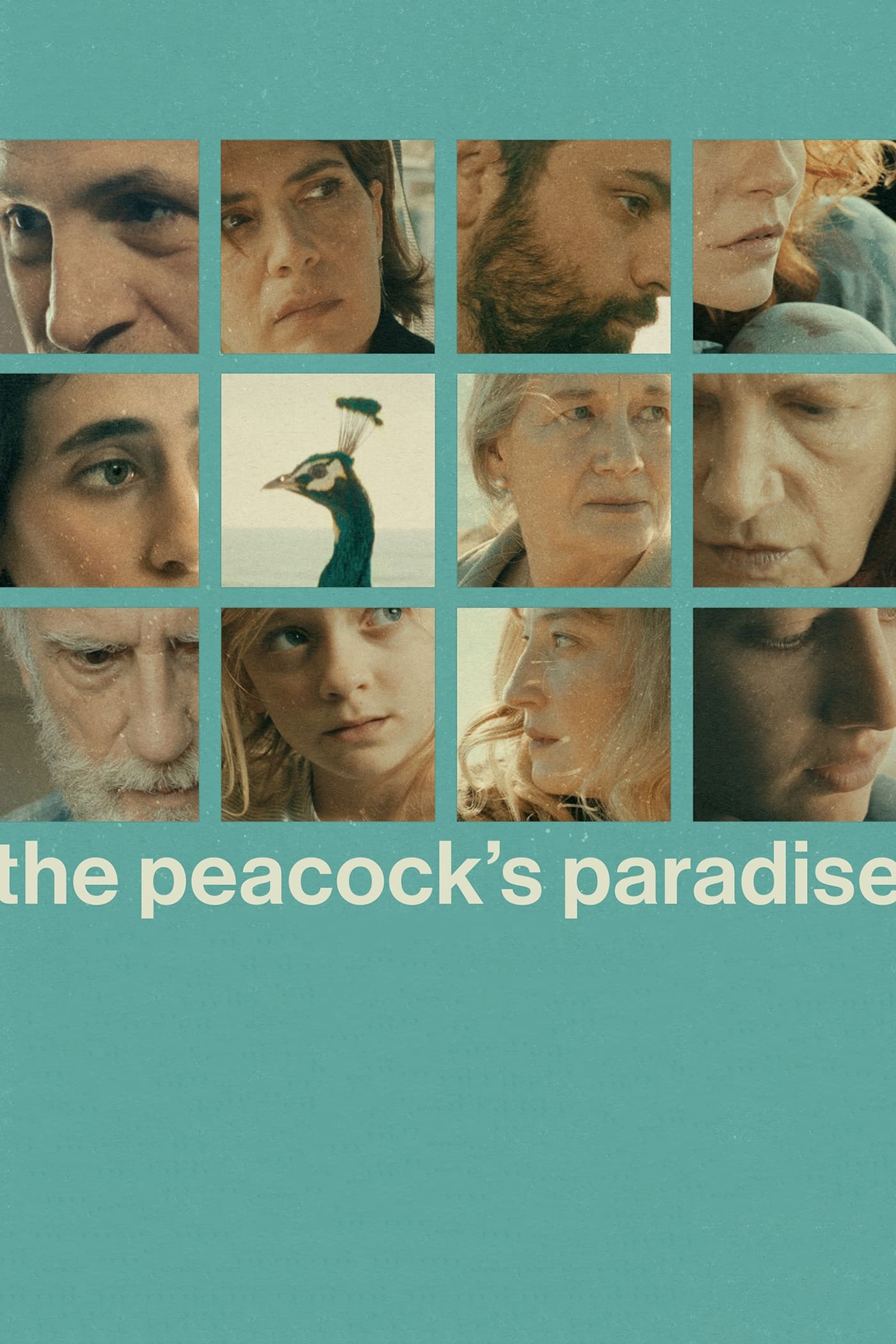
On a winter’s day, Nena gathers her family to celebrate her birthday. Il paradiso del pavone is a small journey into the intimacy and authenticity of human beings: a film about an extended family in which everyone talks but no one really listens. Until an unexpected event forces the family members to look into each other’s eyes and reveal themselves for what they really are.
Fabrizio Ferracane (13 July 1975) is an Italian actor.